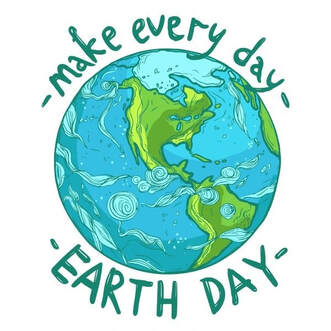
One of the most common and vexing questions in the age of climate change is this: Can I address a problem so big, or can the world solve this only when powerful leaders in business and government make big structural changes?
It’s impossible to separate the two. Personal actions and international cooperation are inextricably linked.
First, the actions depend on whose actions we’re talking about. The actions of those of us in the U.S. matter a lot. Why? Because we consume so much individually here in the United States, so our actions matter more than say, a farmer in Bangladesh. Why? Because we consume so much more, and our choices then matter much more. Per capita emissions in the United States are 30 times bigger than per capita emissions in Bangladesh.
Many of my consumption choices have large implications. What car I buy, or whether I buy one at all, matters hugely, because transportation is the single biggest source of emissions in most American cities.
And what I eat has an enormous climate footprint. The average person in North America eats more than six times the recommended amount of red meat. Perhaps most important is what I toss into the garbage. From farm to plate, food waste accounts for nearly 10 percent of global greenhouse gas emissions.
Is there one fix we can make to avert a climate catastrophe? No. It is inevitable we will have to change much about how we live, for our own survival and the survival of others we don’t know.
Second, individual behavior can influence others. One house with solar panels can lead to others in the neighborhood installing solar panels of their own. Likewise, we tend to conserve our electricity consumption when our utility bills tell us how our usage compares with our neighbors.
Third, individual action is a prerequisite for collective action. Without young individual activists, there would be no Sunrise Movement to camp out in the halls of Congress, nor would millions of children fill the streets of major world capitals, demanding that the adults in charge take swift climate action.
Because the world has deferred climate action for so long, scientists estimate global emissions must be cut by half in the next 10 years in order to avoid the most catastrophic effects of global warming.
It’s hard to imagine how such sharp emissions cuts can be made without ambitious government policies, including carbon prices that make it costly to burn coal or oil, investments in public transportation, and enforceable energy efficiency standards.
And so that raises a fourth point: Is it too late to make a difference?
No. it’s true that we have already warmed the planet by burning fossil fuels for a century and a half. But the future isn’t set in stone. How that plays out is up to us to decide. Each and every one of us. We can all help make the difference.
-- Somini Sengupta
 RSS Feed
RSS Feed
